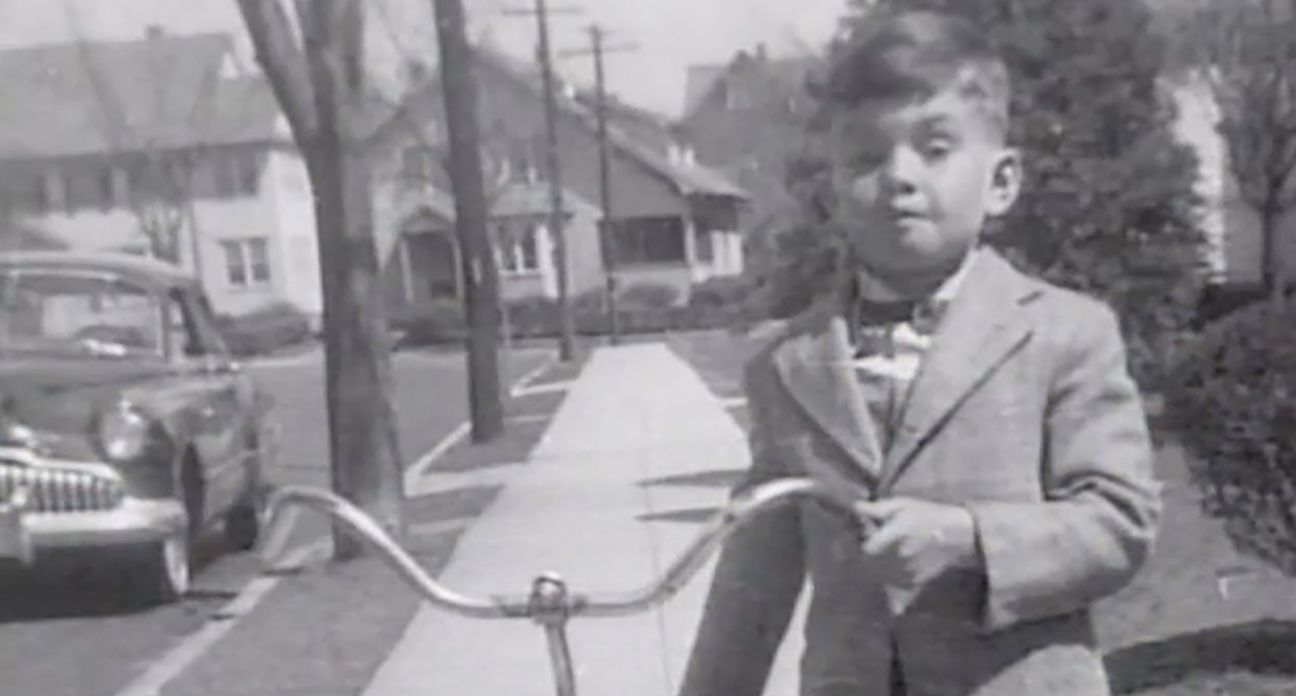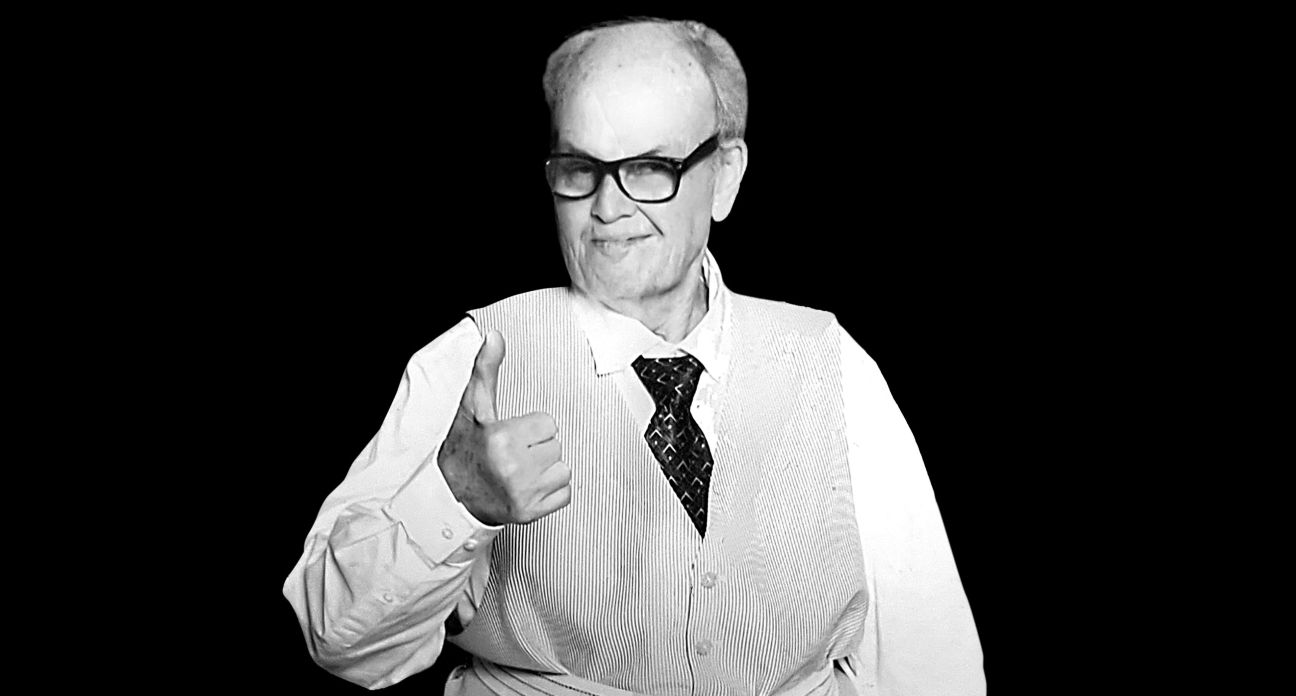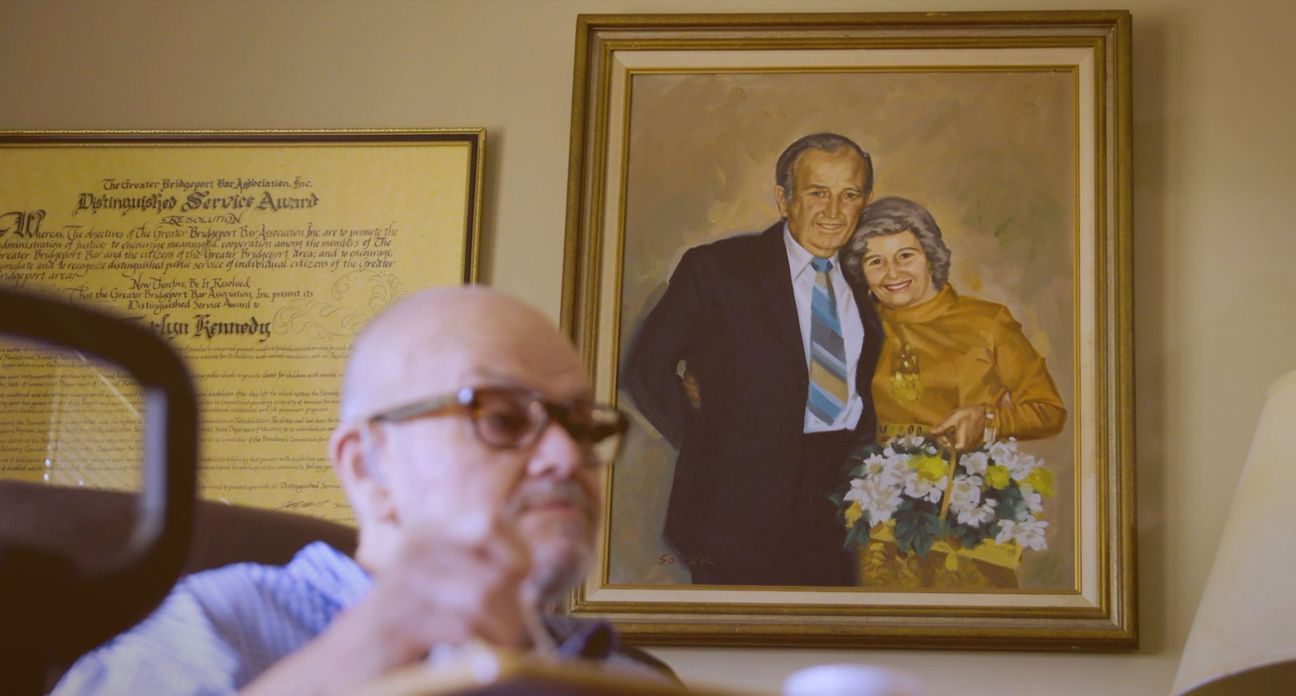COLLECTIVE ABA
Explore our high-quality, center-based Applied Behavior Analysis (ABA) therapy for individuals with autism, ages 3 to 21.

The Kennedy Collective was “founded” in a moment of defiance – when a mother looked at her boy and refused to have him institutionalized because of his disabilities. That decision by Evelyn Kennedy changed the course of her son’s life, and the lives of countless others across the country. So, what became of the boy?
There’s a modest area to stand as you enter the apartment. To your left is a short corridor leading to a bedroom and bathroom. To your right, a counter and refrigerator, flanked by a sink and cut out area that shows through to a comfortable living room. A leather recliner is nestled against the corner of the room – perfect to peer across the street at the turf stadium where young runners and ballplayers practice.
At second glance, the largest items in the living space are threefold: One, a flat screen television that takes up the entire wall opposite the recliner; two, a framed poster containing a 12-part design of Beatles photos; and three, a four-foot-tall Sebring jukebox that looks like it was dropped in from a 1950s diner. Inside the jukebox are all the hits of that era – from Bobby Darin to Bill Haley, Dion to Elvis.
Elvis, in fact, appears multiple times in the space – his likeness on a clock, bottle, movie posters. A large, framed photo of the King in his heyday hangs above the bedroom headboard.
But the person who appears the most throughout the first-floor apartment, is Evelyn Kennedy. She is the mother of the man who lives here, and the man adores her.
The man’s name is Brian.
Now approaching 80 years old, Brian Kennedy is "the boy" – the reason why The Kennedy Collective exists.
On Monday, the eighth of March 1943, Brian was born, the second son to Evelyn and John Kennedy of Bridgeport, Connecticut.
It was clear that Brian did not show the same mannerisms as his brother, or most other youngsters, so his parents sought the advice of their family physician. Then, a second doctor, and ultimately, numerous medical specialists.
What Evelyn and John heard back was the prevailing perspective of the medical community at that time – a recommendation that the parents found utterly appalling.
The Kennedys were told that Brian had “mental retardation” – now referred to as intellectual disability. “Ok, so let’s discuss what can be done for him,” replied Evelyn.
The family physician’s stoic response was, “For the sake of your older child, you should put him away… and forget you ever had him.”

“I want to go down to New York. Yeah, love the city.”
Brian Kennedy sits in the living room chair, telling us about his favorite things. Pizza. BLTs. Butterfingers candy. Playing guitar. Taking ferry rides. Model cars. Mickey Mouse. Sports.
He talks in short bursts, often repeating his comments, which punctuates his thoughts and gives them more emphasis. Plus, there’s his wonderful, boisterous laugh.
“I like to watch movies. Like to watch, movies! Yeah. Cops and cowboy movies. Cowboy movies,” Brian says. (There’s a wood frame as you approach the bathroom which shows a collage of John Wayne’s bust, hovering over a covered wagon cutting through the western plains.)
The Kennedy Collective Director of Residential Services, Mike Thomas, arrives at the apartment. Brian turns towards Thomas’ entrance, and with an amplified voice – loud but not screaming – says, “Hey, Mah!” (which means “Mike,” but curiously, sounds very similar to “Mom”). Brian and Mike immediately get to chatting. They have a wonderful rapport, that of two friends who truly enjoy spending time together.
Brian is such a wonderful person, and there are clear reasons why...Like his mother, he advocates for everyone before he advocates for himself. And he believes that when you make up your mind, nothing stands in your way.
Mike Thomas
Director of Residential Services

Brian is very popular with the staff here at the Carroll Apartments, an 8-unit complex in Bridgeport run by The Kennedy Collective, whose residents are all high-functioning people with disabilities. “He’s a hoot,” says one of the staff members. “Brian makes me laugh a lot. He’s really one of a kind.”
The apartments are a manifestation of the organizational ethos – to celebrate people with disabilities, and give them a rightful environment in which to thrive.
The vibe of the residential home – one of several dozen owned and operated by The Kennedy Collective – is lively. The physical space is, too. There is a shaded patio area hugging the front entrance, and inside, a comfortable community room – perfect for the family style dinners, group activities, and movie nights that connect the residents.
It’s a place filled with positivity, and empowerment.

He went on to work at the Garden Street facility of The Kennedy Center, the precursory name of The Kennedy Collective. Later, through the organization’s renowned Workforce Staffing & Placement services, Brian was hired by Goodwill Industries. For 26 years, he worked with the City of Bridgeport, performing a wide variety of maintenance tasks and earning a pension for his years of contribution.
Brian lived in his own condominium for many years. He paid for the condo himself. (He proudly mentions that he paid for all of his favorite things – including, that beautiful jukebox.)
In 2010, he moved to the Carroll Apartments, where he still lives independently, while receiving medical assistance from a professional care staff. Ironically, this was around the same time that Evelyn passed away, at the age of 94.
Brian has been active socially for years. He’s enjoyed trips to local attractions, movies, arts museums and parks. He’s performed at events, sometimes dressed in an Elvis outfit. He’s a good bowler, having won the High Average Award in a league multiple times.
Kennedy, bespectacled in sharp, black-rimmed glasses, and sporting a tight gray hair cut above a rugged jawline, has also been mistaken for actor Jack Nicholson on countless occasions.
Over the course of our time together, it becomes quite evident why – although not a Hollywood A-Lister like Nicolson – Brian is a star, universally liked by those who have been around him.
He’s bright, polite and energetic – a lot, it seems, like his mother.

It is not overstating to proclaim that, without Evelyn’s efforts, Brian Kennedy would not have been allowed to “accomplish” much of anything.
What would have happened to Brian, were it not for Mom and a cadre of parents?
Very likely, the boy would have been invisible – a child cut adrift, orphaned, sequestered behind institutional walls in a forgotten part of society. There would have been thousands of Brians, then and now, subject to the same circumstance. Boys, girls, children, adults – all tucked away, as if they were not worthy of being included.
Can you imagine?
It’s not hard to surmise that Brian gravitates towards certain interests – jukebox hits, Elvis, cops and cowboys, sports – because he can imagine himself as the one performing, protecting and playing. It’s amazing to know that Brian – because of Evelyn, and her ability to bring people together – has experienced the joy of performing music, of putting in a hard day’s work, of soaking in the New York City bustle on past day trips.
Brian Kennedy has been a seen, and valued, member of society.
As we get up from our living room seats, Brian darts a Nicholson-like grin, and turns on his infectious, deep-toned voice. “Thank you for coming. Thanks for coming. I want you guys to stay!”
“Brian has brought a lot of happiness to the people around him,” says Thomas. “He has brought a lot to this world and helped others through his efforts. Most importantly, Brian Kennedy got to live a life of dignity – in society with everyone else – which so many of us take for granted.”
We’re about to leave the quaint apartment, when Brian has one more thing he wants to make sure we know. It’s about his mom, who famously called everyone under the care of the organization “her kids.”
“I’m proud of her. Proud of her. I’m glad she started all of this. And I miss her.”
